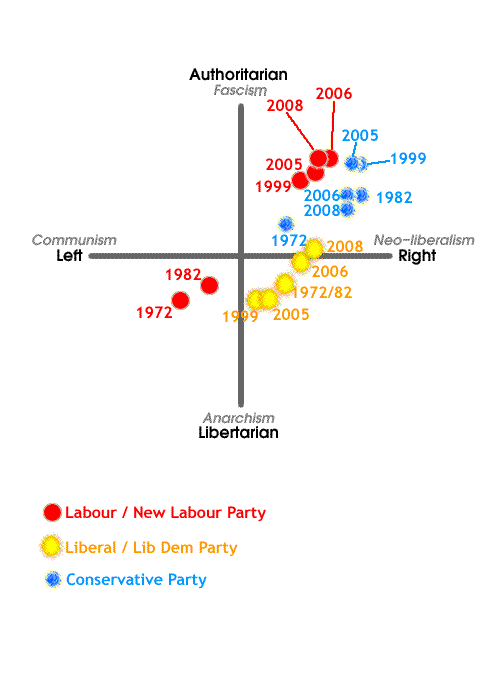If you read beyond the first sentence of that definition, you get a point I would be inclined to bring up.
"A more comprehensive definition of socialism is an economic system that directly maximizes use-values as opposed to exchange-values and has transcended commodity production and wage labour, along with a corresponding set of social and economic relations, including the organization of economic institutions, the method of resource allocation and post-monetary calculation based on some physical magnitude;[4] often implying a method of compensation based on individual merit, the amount of labour expended or individual contribution."
First of all, I can't believe that's one sentence. Secondly, a free market economy, and a socialist economy are not mutually exclusive. Just as a capitalist economy and a free market economy are not necessarily one and the same. One could draw attention at capitalism's tendency to create monopolies and thus abolishing the concept of a free market in it's wake (just one example). This is all covered in Capital Volume 1, which anyone with a fleeting interest in economics should have read.



 Left wing thinking just requires you to believe that only the government can help people and that the government owns all the money...
Left wing thinking just requires you to believe that only the government can help people and that the government owns all the money...
